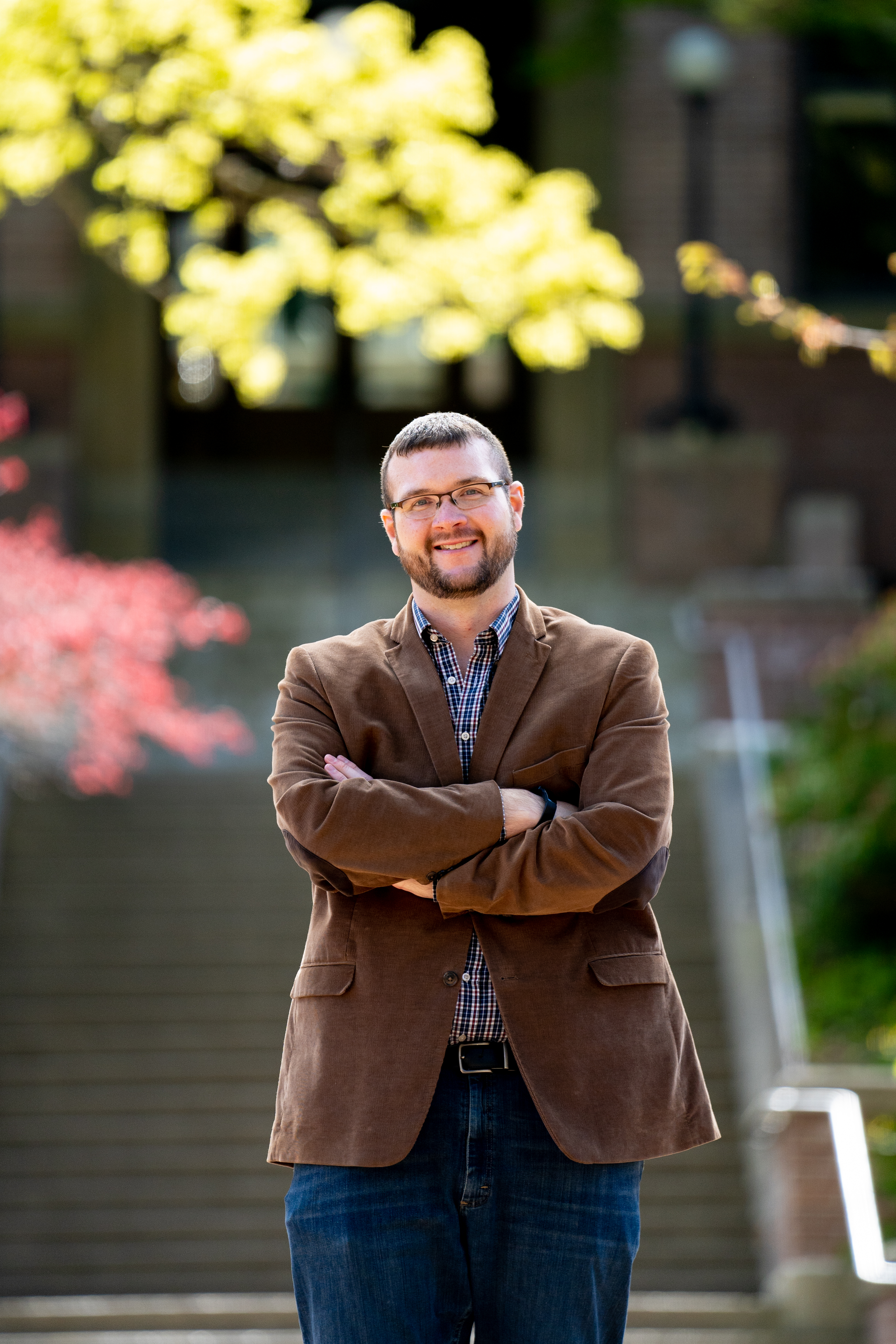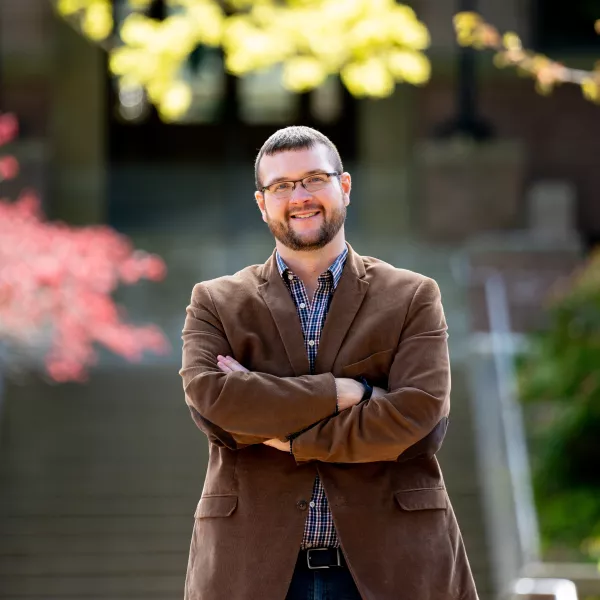
The Boston City Council referenced the work of History Professor Jared Ross Hardesty when they became the first major U.S. city, in June, 2022, to make a formal apology for its role in trans-Atlantic slavery.
From "Boston takes rare step of apologizing for its role in slavery and its lasting harm," by Tovia Smith of National Public Radio:
The Rev. Kevin Peterson, founder of The New Democracy Coalition and who was instrumental in crafting and advancing the resolution, agrees that the public acknowledgment of Boston's past is critical. Because Boston is recognized as a hub of the abolitionist movement in the 19th century, and because it's seen as the "cradle of liberty," he says, "so many people [...] think slavery could not have existed here."
But Boston was actually a busy port for slave trade with the West Indies and West Africa, beginning with the voyage of the ship Desire in 1637-1638, which brought Native American captives to be sold in the Caribbean in exchange for enslaved Africans and raw materials. At least 175 transatlantic trips started in Boston, according to the SlaveVoyages online database.
About a quarter of all white Bostonians who had estate inventory taken between 1700 and 1775 owned enslaved people, according to Western Washington University history professor Jared Ross Hardesty, who is quoted in the resolution. At the peak of slavery in Boston in the mid-18th century, Hardesty estimates more than 1,600 Africans were enslaved in Boston.
Hardesty's extensive work with Boston's Old North Church was also highlighted in a story by NPR's WGBH, "Old North Church, a beacon of freedom, grapples with its own ties to slavery," by Meg Woolhouse.
Nearly a decade ago, Boston’s Old North Church opened a Colonial-themed chocolate shop named for Captain Newark Jackson, a prominent early member of the historic church and a pillar of Boston’s lucrative chocolate trade with the British in the 1700s.
For years, Colonial re-enactors in traditional costumes at Captain Jackson’s Historic Chocolate Shop would grind cacao by hand and tell tourists stories of the chocolate trade.
What those re-enactors never said was that the chocolate trade was built on the backs of enslaved adults and children. Now, as the historic church uncovers and reckons with its past, it's not hiding those grim details. And it's welcoming students to study and reflect on the paradox of a landmark church dedicated to freedom whose members prospered from the trans-Atlantic slave trade.
In 2018, historian and author Jared Ross Hardesty's team of researchers discovered Jackson bought slaves in Barbados and traded them to plantation owners in Suriname for cacao beans to bring home, which he documented in the book "Mutiny on the Rising Sun."
“Essentially we found an entire smuggling ring,” Hardesty said. “And a central part of the way this entire smuggling operation worked was around the exchange of human beings.”
Read more about Hardesty's work in the spring 2022 edition of Window.

